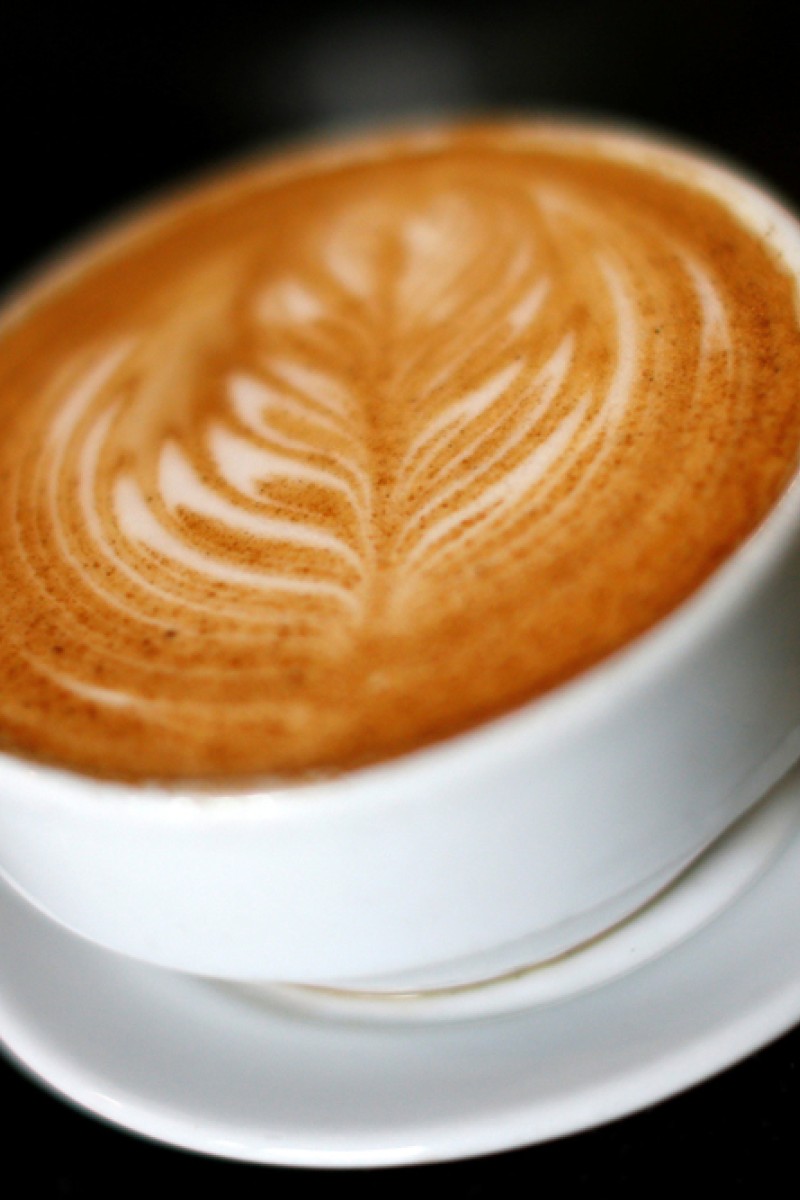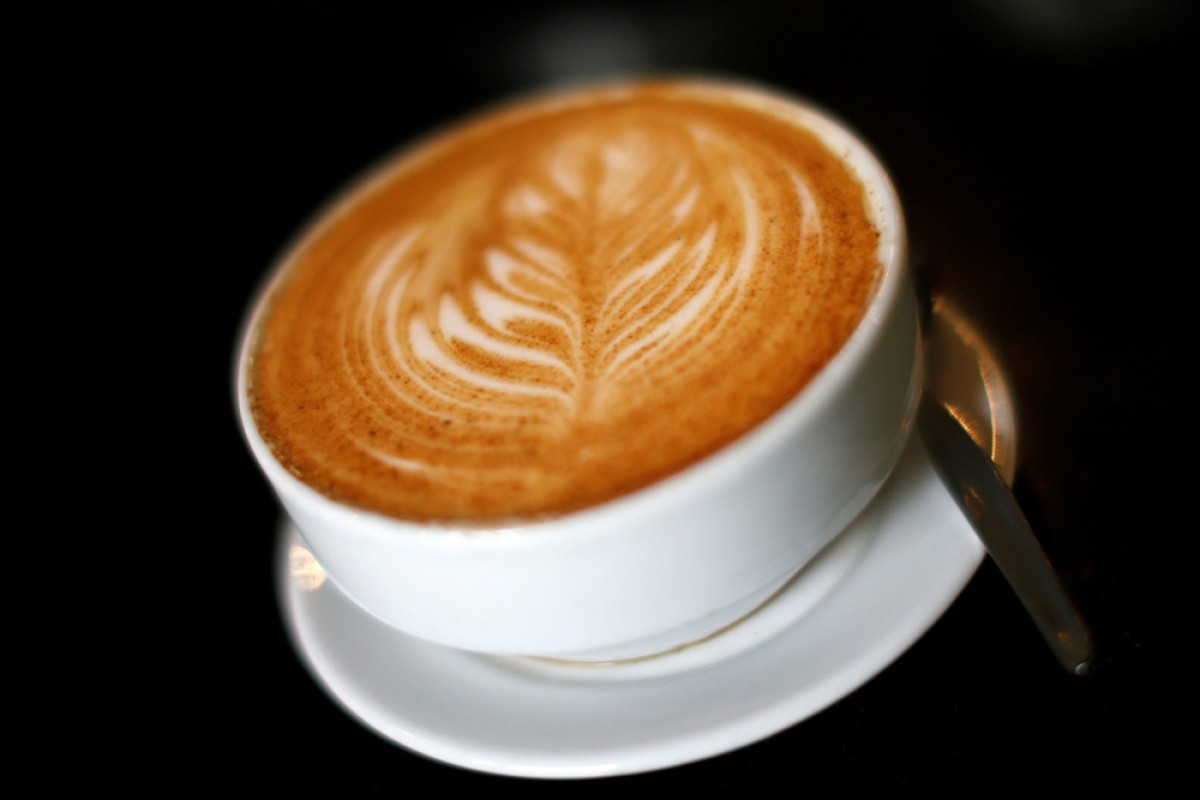
The 16-year-old South Carolina student drank a latte, a large Mountain Dew and an energy drink in just under two hours
 The South Carolina student had drank three highly caffeinated drinks shortly before his collapse in class.
The South Carolina student had drank three highly caffeinated drinks shortly before his collapse in class. A teenager in the United States, who collapsed in a high school classroom last month, died because he drank several highly caffeinated drinks too quickly, a coroner said on Monday.
Davis Allen Cripe, 16, drank a latte from McDonald’s, a large Mountain Dew soda, and a highly caffeinated energy drink in just under two hours, said Gary Watts, the coroner of Richland County, South Carolina.
Watts said doctors on his staff determined that Cripe died from a “caffeine-induced cardiac event causing a probable arrhythmia”.
The term “arrhythmia” is used when the heart doesn’t beat at a regular rate.
It was likely that caffeine would not have been seen as a factor in his death if it had not been for witnesses who could tell officials what Cripe had to drink before he collapsed, Watts said.
He said the primary witness to what Cripe drank could not definitely say what brand of energy drink he had, but said it was from a container the size of a large soft drink.
“The energy drink was basically chugged,” Watts said, meaning that he drank it very quickly.
Watts said Cripe was considered a healthy teenager and did not have an undiagnosed heart condition. There was no sign of a heart condition in an autopsy of the 16-year-old.
“This is not a caffeine overdose,” Watts said. “We’re not saying that it was the total amount of caffeine in the system, it was just the way that it was ingested over that short period of time, and the chugging of the energy drink at the end was what the issue was with the cardiac arrhythmia.”
Speaking to Young Post, Dr Benjamin So – from Queen Mary Hospital specialising in internal medicine – advised young people not to buy highly caffeinated drinks, because caffeine can increase the risk of having an irregular heartbeat.
“A lot of young people in the city may have hereditary conditions that predispose them to being negatively affected by caffeine. I would suggest drinking caffeine in moderation, or perhaps not at all,” he said, before adding that combining caffeine and alcohol is even worse for young people, as both of them can negatively affect heart rates.
The Mayo Clinic, a US-based medical research group, said in a March report that up to 400 milligrams of caffeine a day “appears to be safe for most healthy adults”.
According to caffeineinformer.com, a McDonald’s latte has 142 milligrams of caffeine, a 20-ounce Mountain Dew has 90 milligrams, and a 16-ounce energy drink can have as much as 240 milligrams.